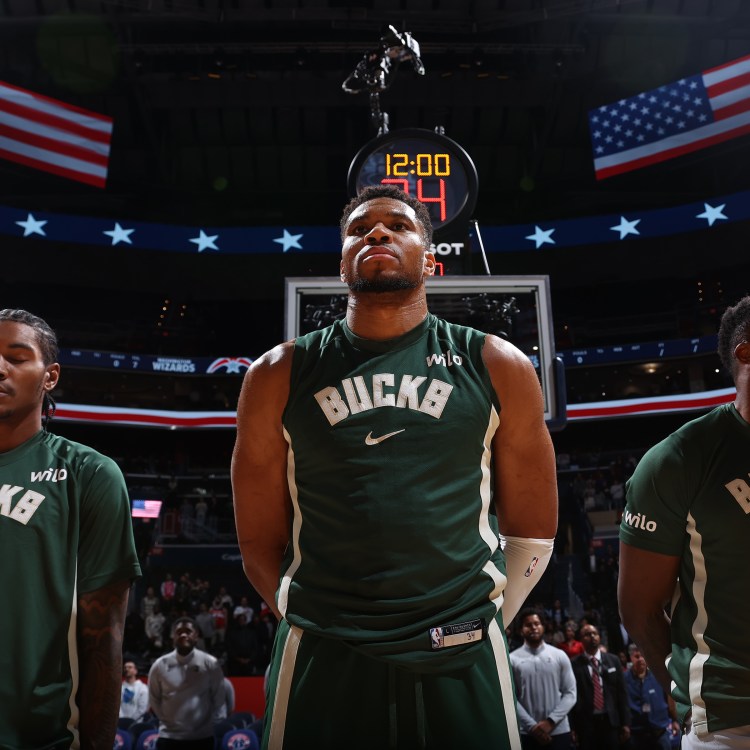Americans are expected to bet $8.5 billion on this year’s March Madness tournament, according to some estimates.
And, even though sports gambling is now legal in a handful of states, the majority of that money is going to be wagered illegally.
That’s because pool betting – the way most of us bet on the NCAA men’s basketball tournament with our co-workers and friends – has only been legalized in 13 states (Washington, Montana, Wyoming, Colorado, Arizona, Texas, Minnesota, Iowa, Alabama, Kentucky, Ohio, Connecticut, and Maine).
And, thanks to federal law, if one participant in a pool is taking part from a state where pool betting is not legal, the whole pool is technically against the law.
That’s a thorny legal issue many people aren’t aware of us as only 22 percent of pool participants know they’re illegal, per research from the Mellman Group. The research indicates 40 percent of those entrants think office pools are legal and 38 percent are unsure.
“For all of these reasons, it may make sense for individuals who seek to operate March Madness pools to avoid using the internet or engaging in any activities that make them easily detectable,” according to Forbes. “In addition, people who choose to host pay-to-enter March Madness contests despite the legal risk should avoid making them open to anything beyond a small group of friends.”
The Charge will help you move better, think clearer and stay in the game longer. Subscribe to our wellness newsletter today.



















